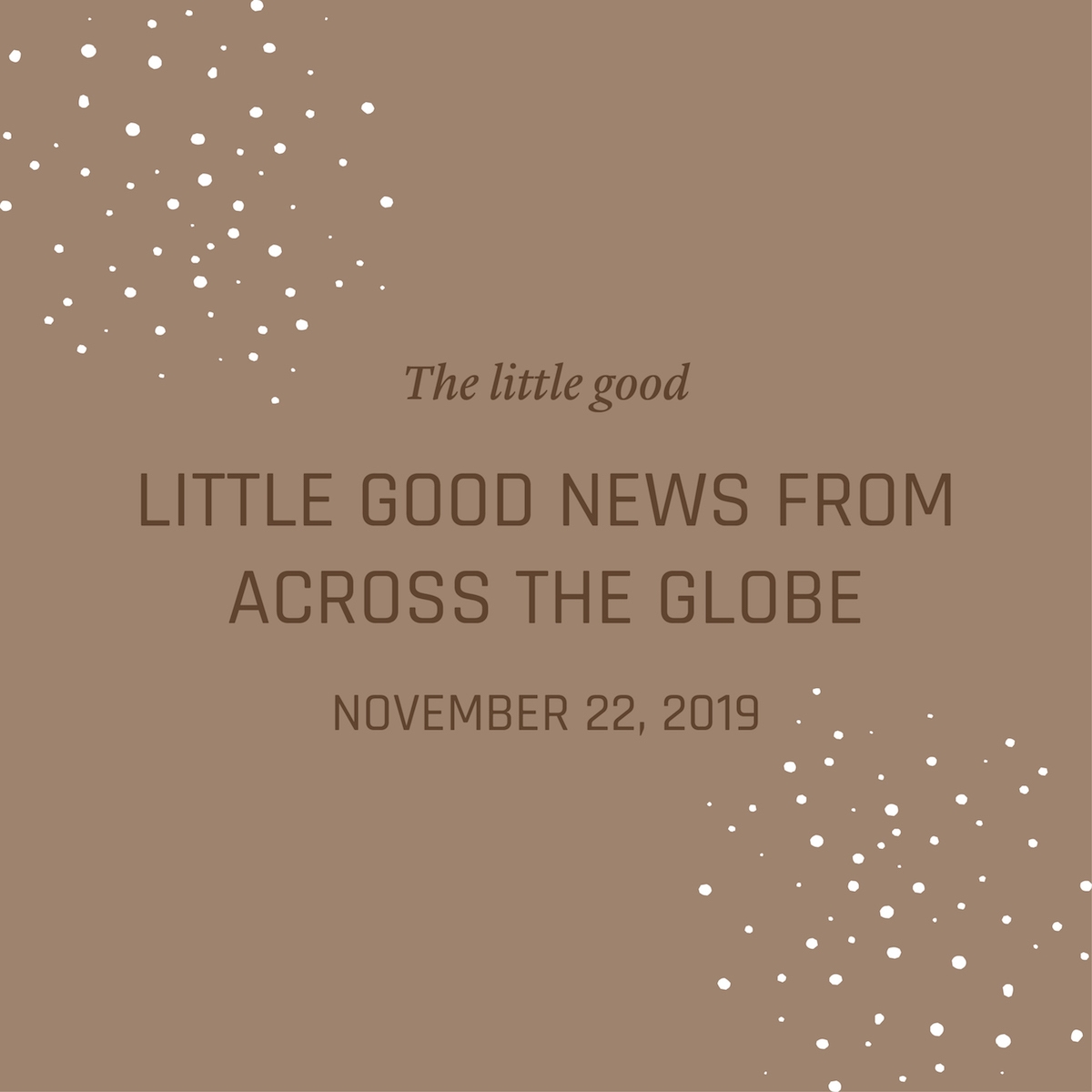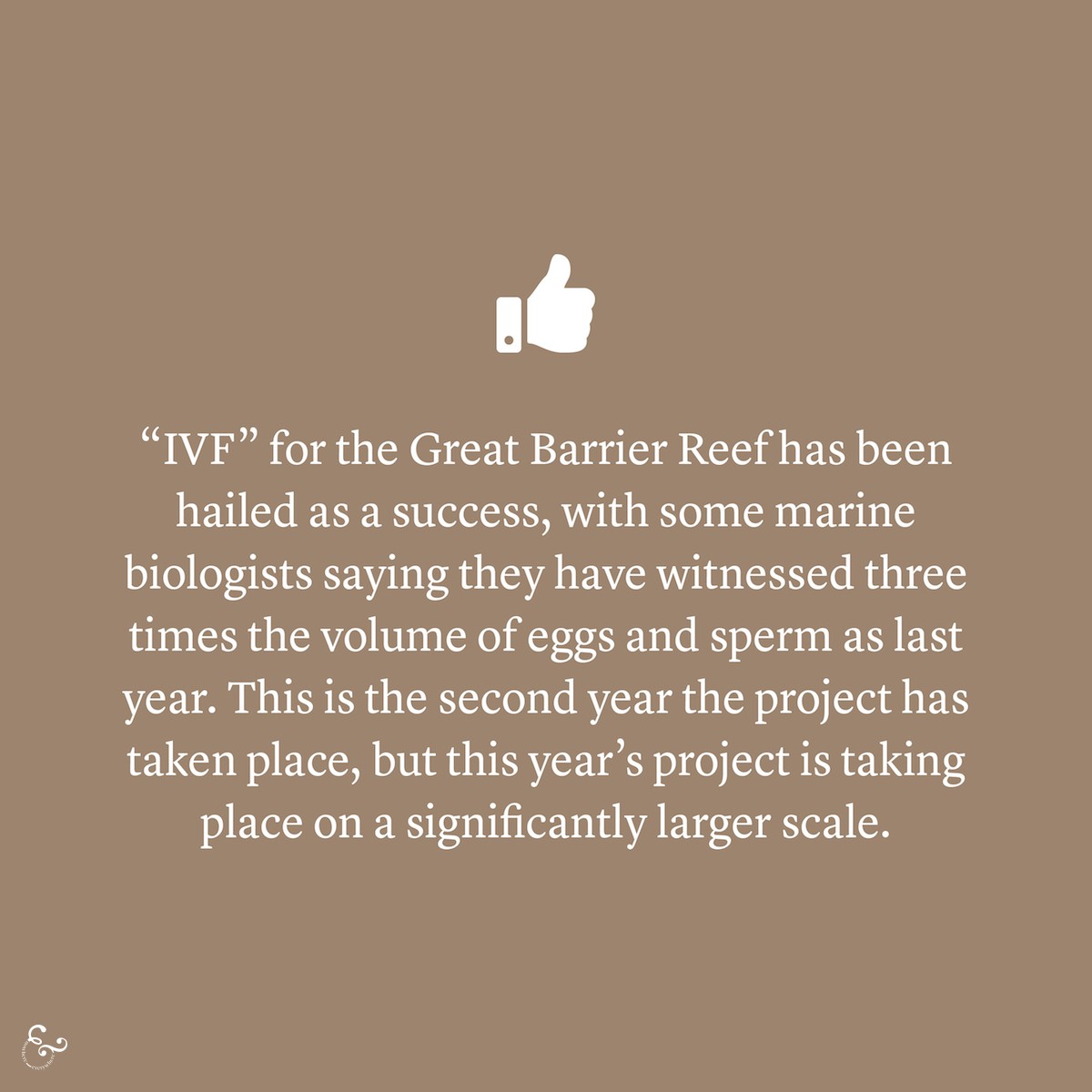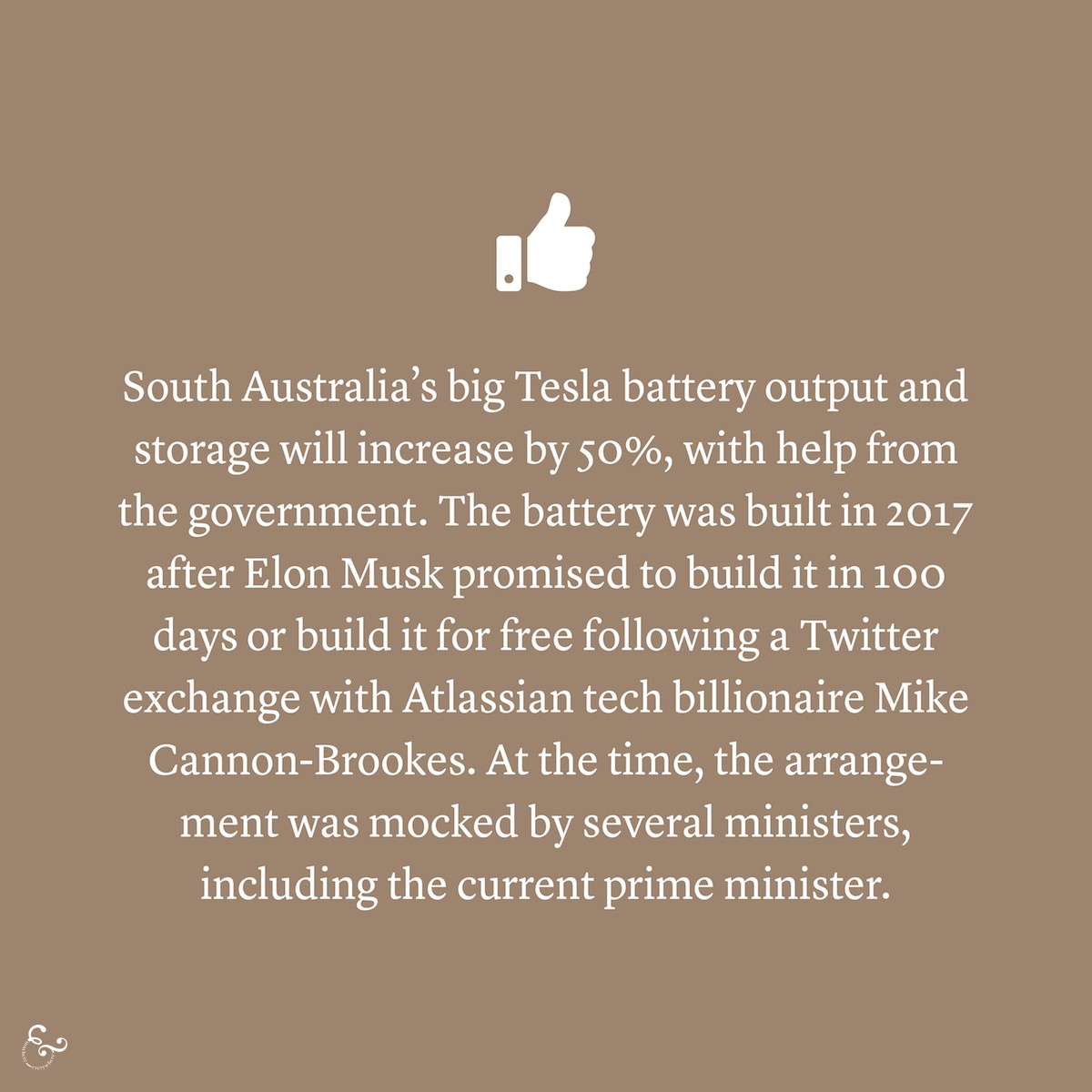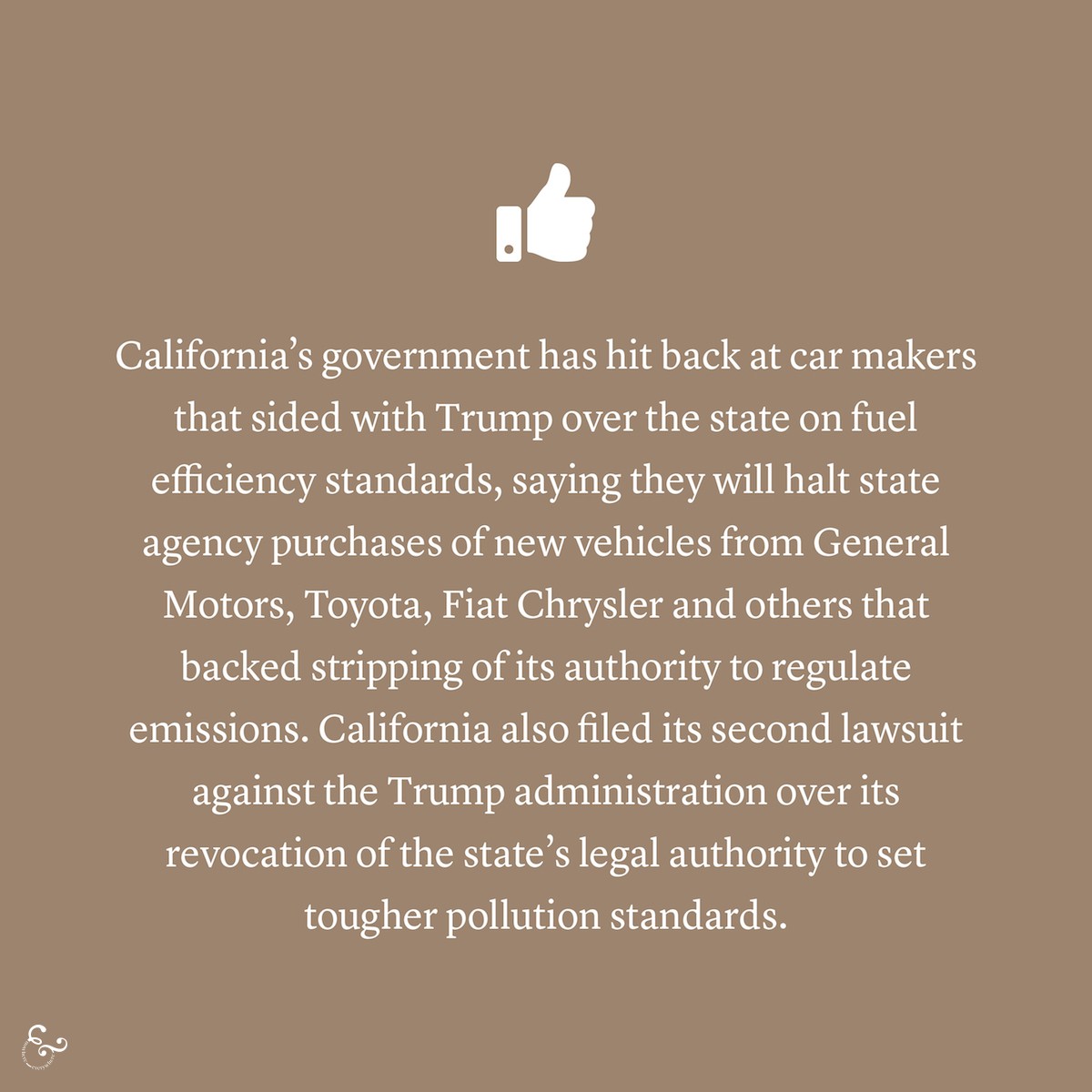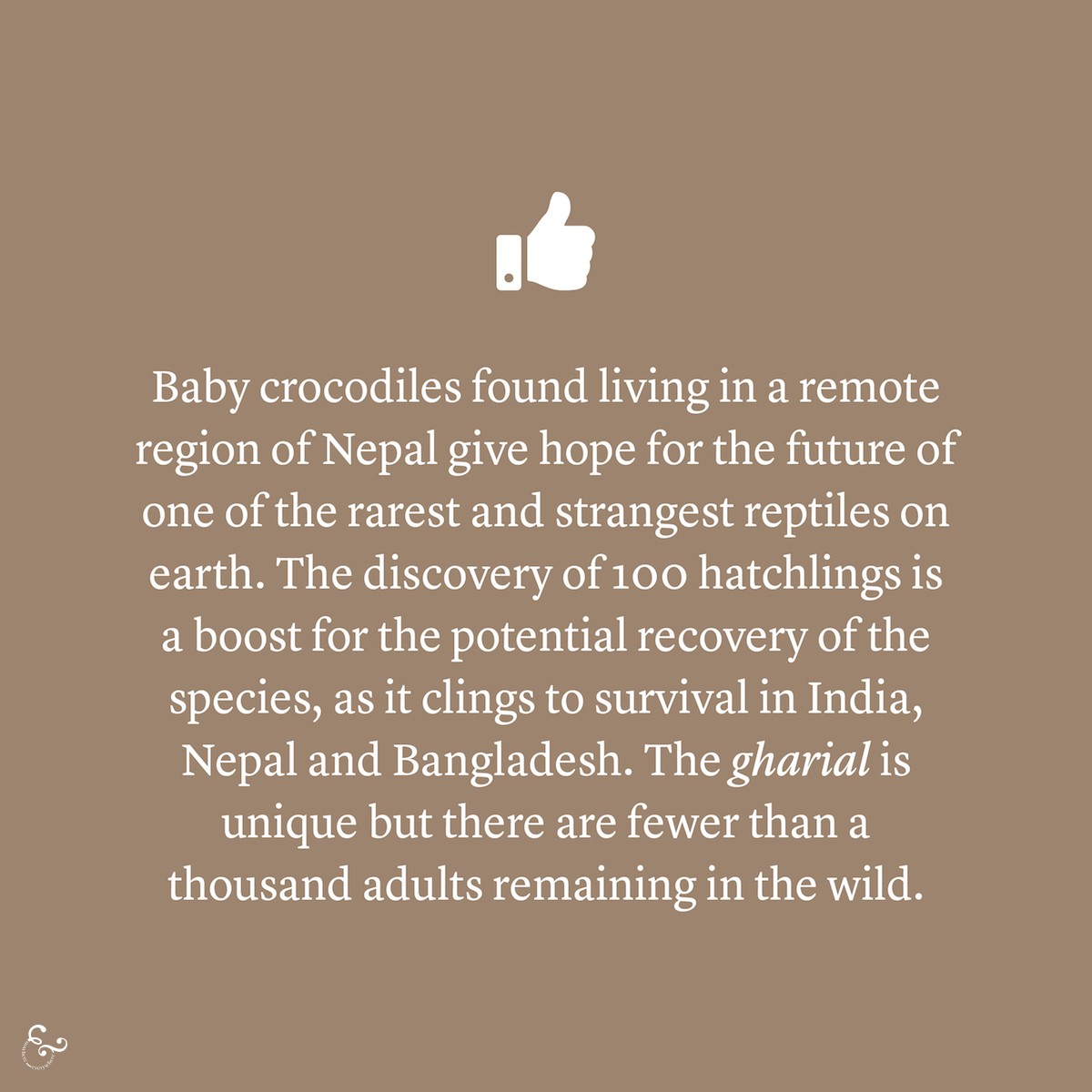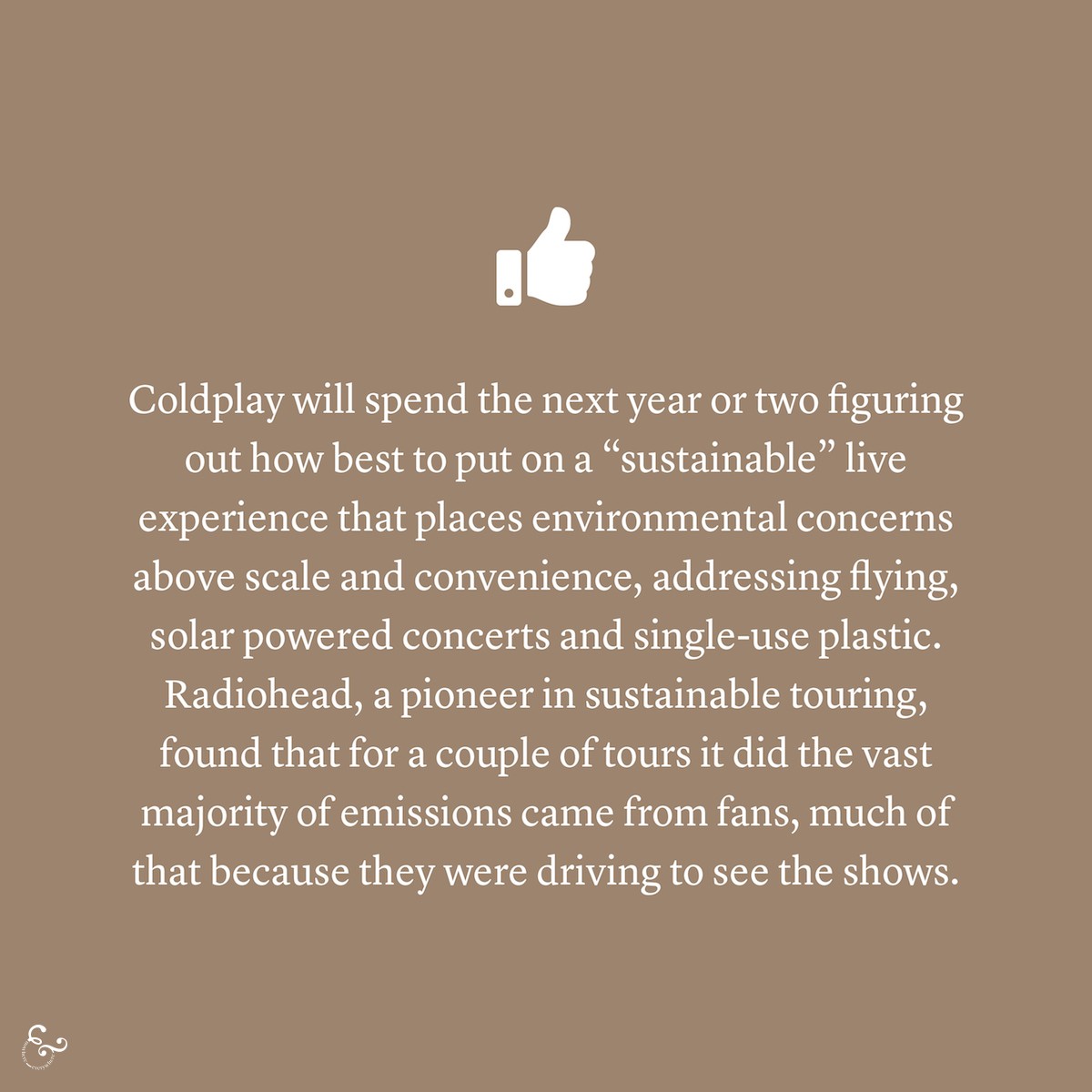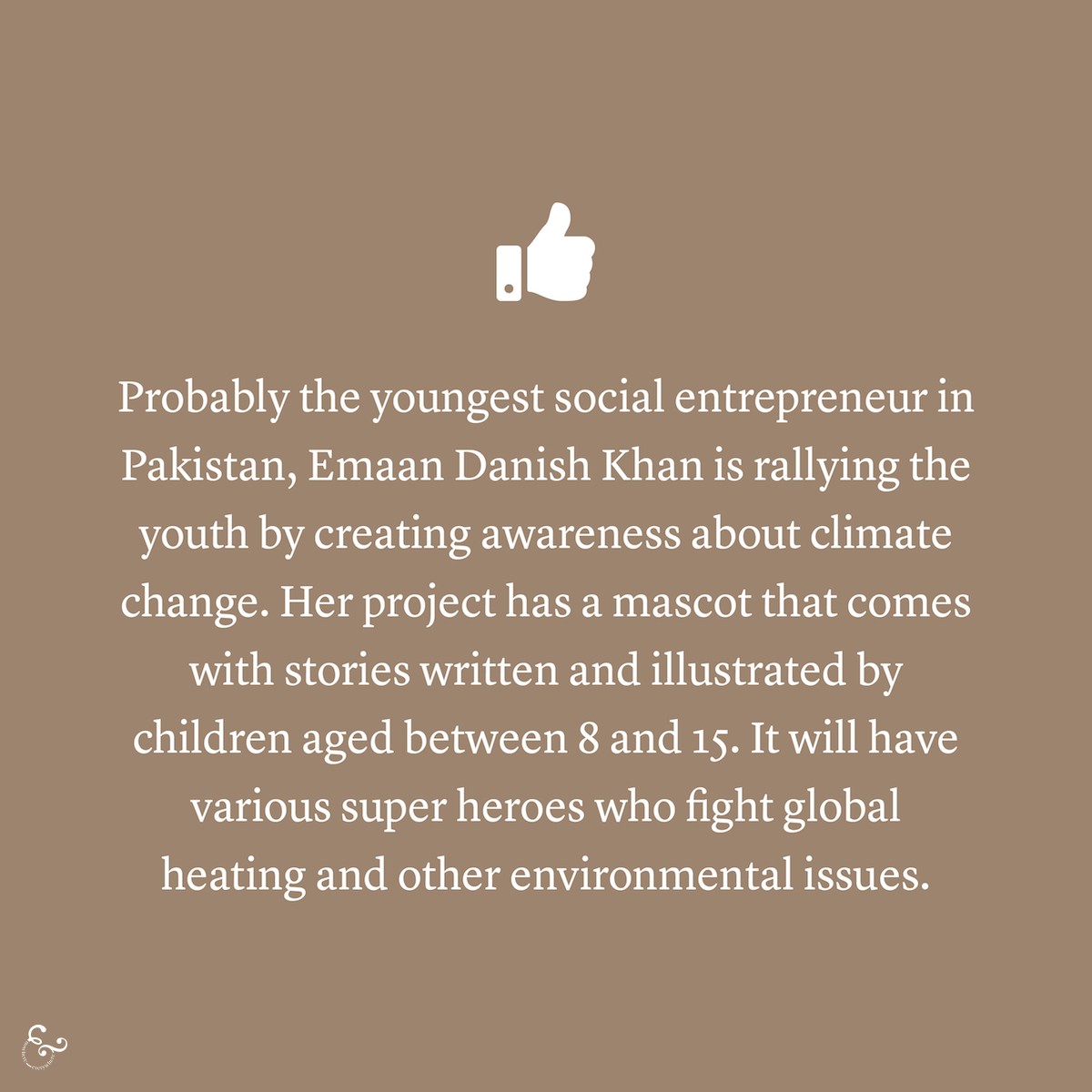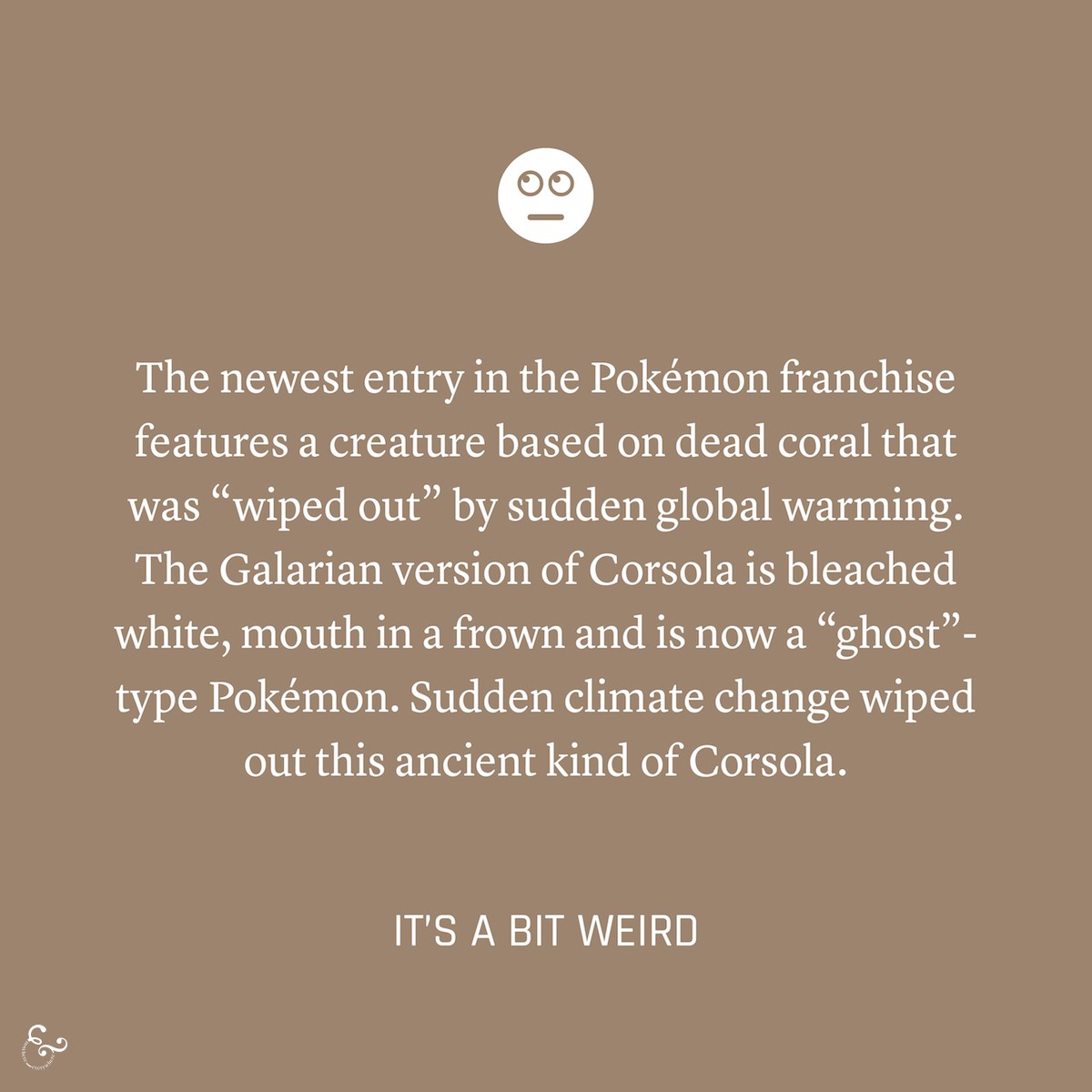Every week we do a major roundup of environmental news across the world. It is really important we all know it and share it, but it can also be pretty disheartening. The bad news is nearly always on a much, much larger scale than the good. The next few years are probably going to look the same as we enter climate feedback loops, profit incentives continue to grow, population increases and we continue to stall on our Paris Agreements. We’re interested in education, understanding systems, and the levers we can all pull for change.
But during this mammoth effort every week, we also get to see lots of little good news stories pass through our initial filter which we’re posting here. We can use these to inspire us, give us ideas in our own communities and potentially scale them up. Environmental good news can often be fairly greenwashed so we’re not interested in that and won’t consider it good news. If you see a story and decide to implement it where you live, we’d absolutely love to hear about it! Please tag us in or email us and let’s create a world of lots of local change which collectively has big impact.
- The next satellite tasked with maintaining the “gold standard” measurement of sea-level rise is about to enter final testing. These missions track the height and shape of Earth’s oceans with microwave altimeters. (BBC)
- Sweden’s central bank ways it will no longer invest in assets from governments with large climate footprints, even if the yields were high. As a result the bank sold its holdings of bonds issued by the Canadian province of Alberta and the Australian states of Queensland and Western Australia. (The Conversation)
- IVF for the Great Barrier Reef has been hailed as a success, with some marine biologists saying they have witnessed three times the volume of eggs and sperm as last year. This is the second year the project has taken place, but this year’s project is taking place on a significantly larger scale.“We’re getting desperate to intervene to capture the remaining genetic diversity that’s in these populations and try to restore corals while we can.” (ABC)
- South Australia’s big Tesla battery’s output and storage will increase by 50 percent, with help from the Australian government. The battery was built in 2017 after Elon Musk promised to build it in 100 days or build it for free following a Twitter exchange with Atlassian tech billionaire Mike Cannon-Brookes. At the time, the arrangement was mocked by several federal ministers, including the current prime minister. (ABC)
- California’s government has hit back at automakers that sided with President Trump over the state on fuel efficiency standards, saying they will halt state agency purchases of new vehicles from General Motors, Toyota, Fiat Chrysler and other automakers that backed stripping California of its authority to regulate tailpipe emissions. Four major companies have sided with California on its legal authority to set tough state-level standards on tailpipe pollution, while at least five others have sided with Mr. Trump, who is rolling back Obama-era fuel economy standards and moving to strip California of its authority to set its own. Also on Friday, California filed its second lawsuit against the Trump administration over its revocation of the state’s legal authority to set tougher pollution standards. (New York Times)
- Baby crocodiles found living in a remote region of Nepal give hope for the future of one of the rarest and strangest reptiles on earth. With its distinctive long thin snout, the gharial is unique but critically endangered, with fewer than a thousand adults remaining in the wild. The discovery of 100 hatchlings is a boost for the potential recovery of the species, as it clings to survival in India, Nepal and Bangladesh. (BBC)
- Coldplay will spend the next year or two figuring out how best to put on a “sustainable” and “actively beneficial” live experience that places environmental concerns above scale and convenience, addressing the climate-ravaging issues of flying, solar powered concerts and single-use plastic. Radiohead, a pioneer in sustainable touring, found that for a couple of tours it did in 2003 and 2006 the vast majority of emissions came from fans, much of that because they were driving to see the shows. The band subsequently tried to fundamentally alter the way it toured in an attempt to reduce its environmental footprint, and the result was 2008’s Carbon Neutral World Tour. Concerts were held in urban areas, near public transportation, and attendees were urged to use it. Meanwhile, equipment was rented locally, venues were asked to purchase green power and light shows used LED lighting.
(The Guardian / ABC) - Probably the youngest social entrepreneur in Pakistan Emaan Danish Khan is rallying the Pakistani youth by creating awareness about climate change and how to save the planet using the age old method of story-telling. Her project, Peekaboo, once complete, has a mascot, a rag doll by the name of Fizza (Fizza, a girls’ name, in Urdu language, means environment) . The doll will come with a storybook, with stories written and illustrated by children aged between 8 and 15. It will have various super heroes, who help Fizza protect the environment, fight global warming and the menacing effects of climate change that are causing death, disease and destruction. The revenue from the project will be used to create climate awareness talks and plays at school in the first phase in Sindh and then throughout Pakistan. (Images Dawn)
Is it greenwashing?
Gucci, the $8.8 billion fashion giant, is offsetting the carbon footprint of its entire supply chain. CEO Marco Bizzarri is challenging other business leaders to join him. Bizzarri makes it clear that CEOs must be comprehensive in their offsetting efforts, taking into account all the carbon emitted across the entire supply chain, not just their direct emissions.
Our conclusion: It’s a start and Gucci is right in forcing consideration across the whole supply chain as most of the waste comes upstream. We do also need pressure on all the major fashion conglomerates. Gucci is also doing quite a bit more on transparency and sustainability than other companies. They’ve got an environment portal and since last year have been open sourcing their impact figures which is an impressive start. Its business model remains a huge problem as do its raw materials which are very, very far from sustainable with all their clothes ending in landfill or incineration. They likely also have plenty of human rights issues along their chain and plastic waste. You can see from their data the terrible impact they’re having on our world but the fact this is even open is a step forward.
That’s weird
Climate change has begun to wreak so much havoc around the globe that references to the phenomenon have started to pop up in the most unlikely of places. The latest instance: The newest entry in the Pokémon franchise features a creature based on dead coral that was “wiped out” by sudden global warming.
The Pokémon, a coral-like being known as Corsola, first appeared in the 1999 generation of the flagship games and has appeared in various versions ever since. But this month’s highly anticipated games in Pokémon Sword and Shield feature a new variation of the creature specific to the generation’s Galar region in the Pokémon world.
The Galarian version of Corsola is bleached white, mouth in a frown and is now a “ghost”-type Pokémon.
Sudden climate change wiped out this ancient kind of Corsola.
It’s kind of good we guess
Oxford Dictionaries has declared “climate emergency” the word of the year for 2019, following a hundred-fold increase in usage. The rise of “climate emergency” reflected a conscious push towards language of immediacy and urgency, the dictionary said. The dictionary’s word of the year is chosen to “reflect the ethos, mood, or preoccupations of the passing year” and should have “lasting potential as a term of cultural significance”.
We wish this didn’t have to be a word!
